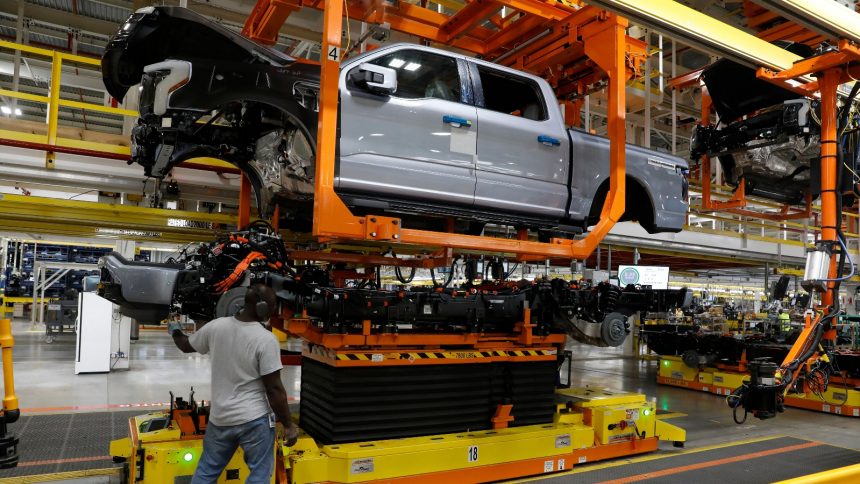This story was originally published by Canary Media. There’s a disturbing trend in the automotive world: traditional automakers are easing off the electrification accelerator due to a perceived slowdown in EV interest and sales. Despite overall growth in EV sales, major manufacturers are backtracking on their aggressive timelines for full electrification. Ford, for example, recently shifted its electrification plans, postponing the release of an electric SUV and cutting its EV development budget. Similarly, Mercedes-Benz and Volkswagen have softened their plans to meet EV demand. The main reason cited for the scaleback is the perception that consumers are slow to adopt EVs. This has led automakers to focus on hybrids as a gateway to full electrification. However, the validity of this decarbonization strategy is debatable, as plug-in hybrids may not actually reduce emissions as much as expected. One of the main reasons for the EV scaleback is the focus on cost, as expected reductions in battery costs have not materialized. Despite the slowdown in growth, it’s important to remember that any growth in EV sales is progress, even if it’s not as rapid as initially anticipated. Ultimately, the shift in automakers’ timelines does not mean that EVs are a failed experiment, but rather reflects the slower pace of consumer sentiment adoption in comparison to technological advancements.






